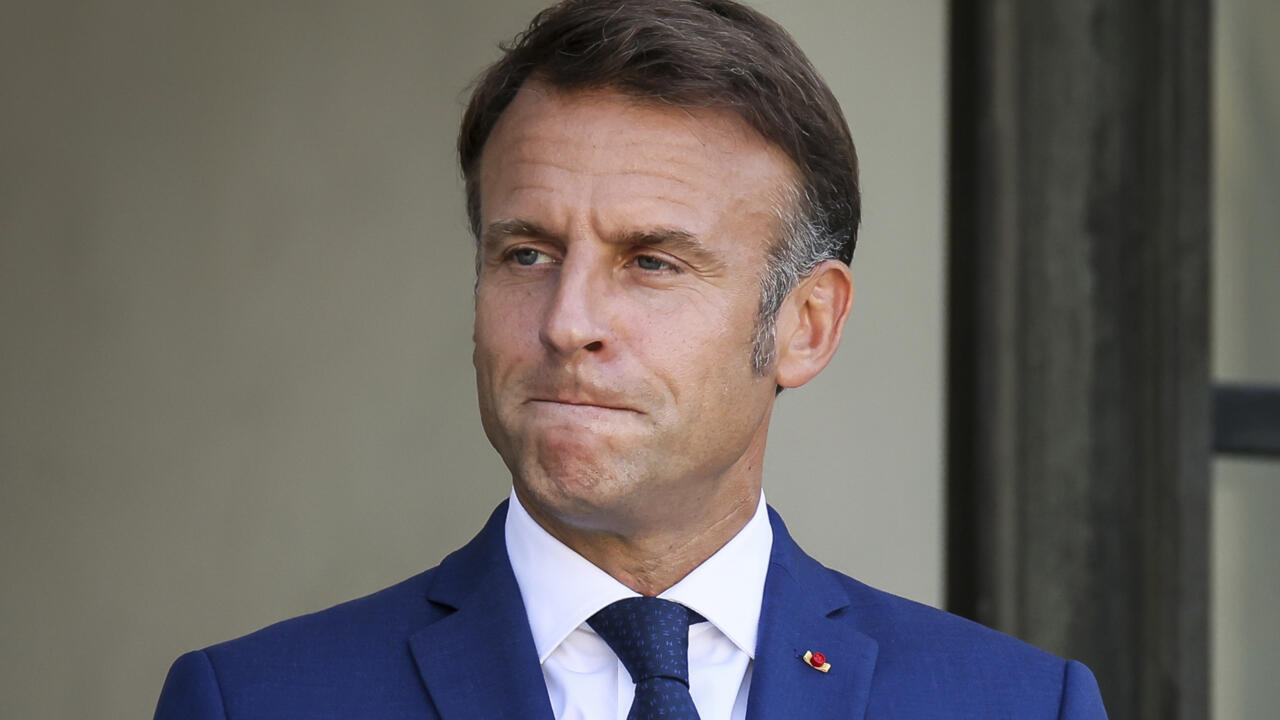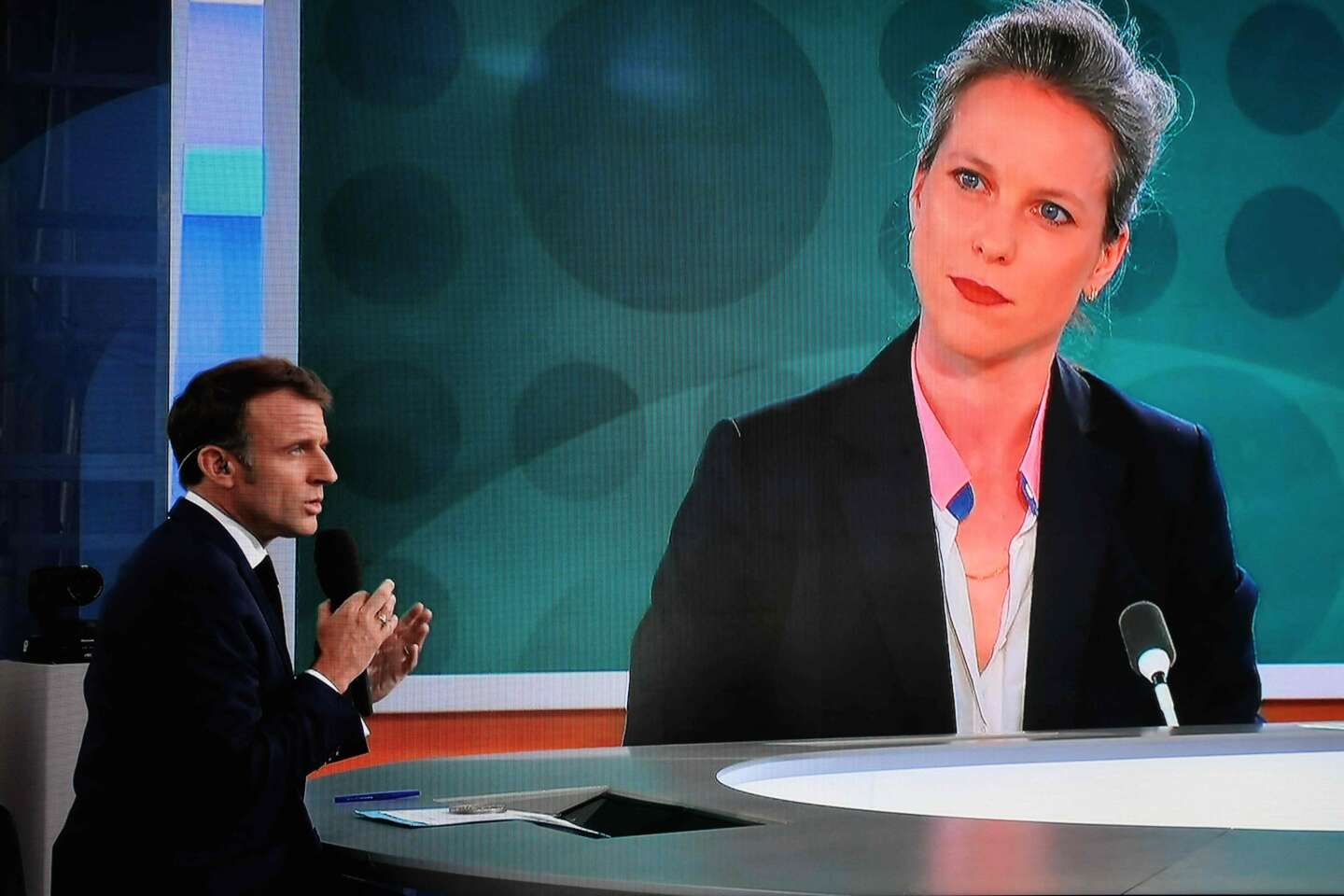

First three paragraphs of the article
Once again, the threat worked. By brandishing in recent weeks the prospect of a new tax on foreign companies – dubbed the “revenge tax” – the United States secured a major concession from other G7 countries on a tax issue that has irked Donald Trump since his return to the White House: the taxation of multinationals, and more specifically, the 15% global minimum corporate tax adopted in 2021 by 140 countries under the aegis of the Organization for Economic Cooperation and Development (OECD). Already implemented in 2024 across the European Union as well as in the United Kingdom, Canada and Japan, this tax was seen as a first step in combating unfair tax competition among states.
Eager to share this American victory, US Treasury Secretary Scott Bessent announced it on Thursday, June 26, on the social network X. “After months of productive dialogue with other countries on the OECD Global Tax Deal, we will announce a joint understanding among G7 countries that defends American interests,” he wrote. “(…) OECD Pillar 2 taxes [that is, the 15% global minimum tax] will not apply to US companies.” Le Monde was able to confirm this information on Friday, 27 June, via both France’s Ministry of Finance and the OECD, as the G7 finalized a communiqué seen by the newspaper.
“The rest of the G7 [France, UK, Germany, Italy, Canada, Japan] has capitulated,” said Gary Clyde Hufbauer of the Peterson Institute for International Economics, an American think tank. “Might makes right. This is a special privilege granted to the United States, even though they are not a tax haven and were not the target of this tax reform,” lamented Pascal Saint-Amans, who was the chief negotiator for the tax reform at the OECD.





















I dont think I’m smart enough to provide an educated answer to this, but it does feel like a pattern where the US disreguard international agreements